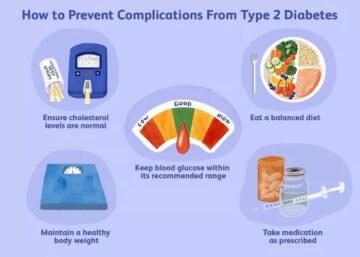
Almond milk can be a suitable option for people living with diabetes, but there are some important factors to consider:
Unsweetened Varieties: When choosing almond milk, opt for unsweetened varieties. Sweetened almond milk may contain added sugars, which can lead to spikes in blood sugar levels. Unsweetened almond milk is a better choice as it typically contains fewer carbohydrates.
Carbohydrate Content: It’s essential to be aware of the carbohydrate content in almond milk. While unsweetened almond milk has fewer carbohydrates compared to cow’s milk, it still contains some carbohydrates. You should factor this into your meal planning and carbohydrate counting if you are managing your diabetes with insulin or other medications.
Glycemic Index: Almond milk generally has a lower glycemic index compared to cow’s milk, which means it has a smaller impact on blood sugar levels. This can be beneficial for people with diabetes, as it may help in better blood sugar control.
Nutrient Profile: Almond milk is a good source of healthy fats, particularly monounsaturated fats, and is generally low in saturated fats. It also provides some vitamins and minerals, such as vitamin E. However, almond milk is often not as protein-rich as cow’s milk. Be sure to incorporate other protein sources into your diet to meet your nutritional needs.
Individual Tolerance: People with diabetes may have varying responses to different foods. It’s important to monitor your blood sugar levels after consuming almond milk to see how your body reacts. If it negatively affects your blood sugar, you may need to limit or avoid it.
Portion Control: Like any food or beverage, portion control is crucial. Consuming excessive amounts of almond milk can lead to an increased intake of calories and carbohydrates, which may impact blood sugar levels.
Ultimately, almond milk can be a part of a diabetes-friendly diet, especially if you choose unsweetened varieties and consume it in moderation. However, it’s essential to work with a registered dietitian or healthcare provider to create a personalized nutrition plan that meets your specific dietary needs and blood sugar management goals. They can help you make informed choices about almond milk and other foods in your diet





